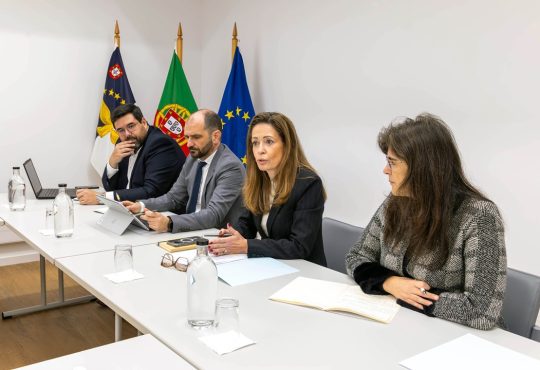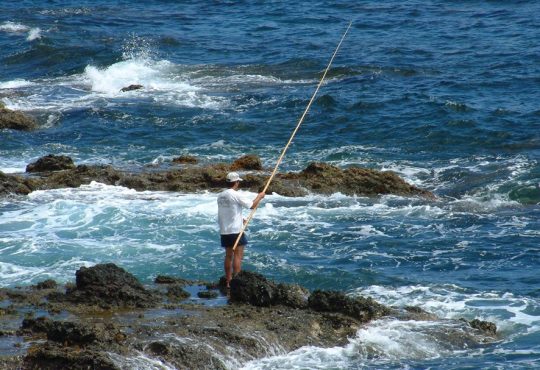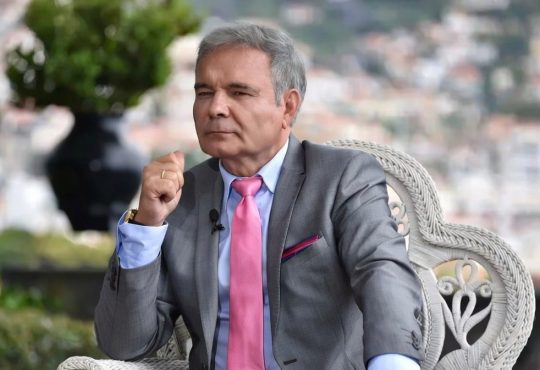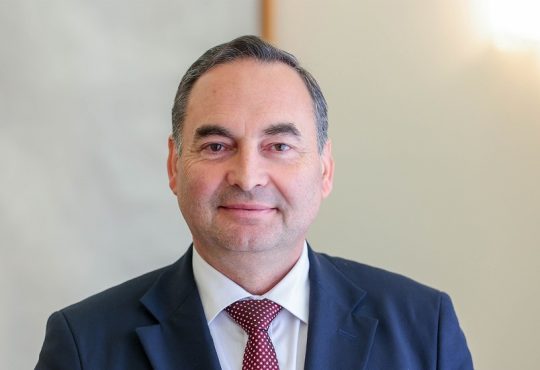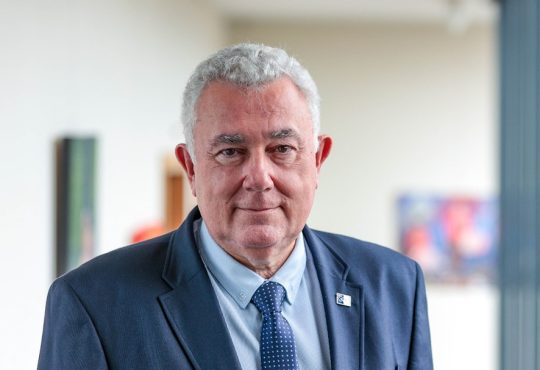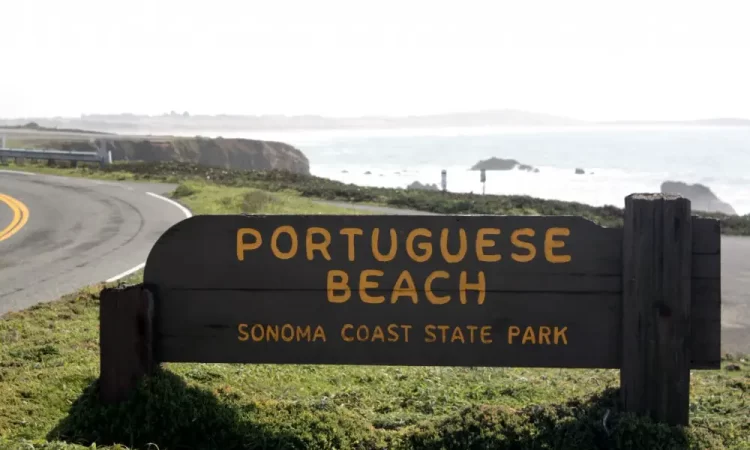
One doesn’t have to look far and deep to see the crossroads we are encountering in the Portuguese Diaspora in California, primarily with ties to the Azores, but also a few with connections to mainland Portugal and Madeira. Our Festas have fewer and fewer attendees, less Portuguese is spoken at our events, and when it is, fewer and fewer understand it. The rule, more than the exception, rests upon an integrated community. Although there are still some pockets, in some of the most known traditional areas, the community has changed immensely in the last 25 years. This change has been not only cultural and linguistic but also geographical. According to the US Census, Californians with roots in the Azores live in 500 cities and towns. Our demographics have changed; our families are much more multicultural and interracial, and our young families are involved in the mainstream, as they should. Thus the challenge is to take our culture into the Californian mainstream.
As we go through the twenty-first century, we must look hard at our diaspora and the diaspora we want to be. We must have the courage to face the music, be much more inclusive, and encompass the California multiracial and multicultural world into our cultural endeavors. We must face the fact that the Portuguese language will not survive as long as we have only 11 of the 4400 high schools in California teaching Portuguese; that as our students begin to take an ethnic studies course in High School (a requirement coming to fruition in a couple of years), we must develop a unit on the Portuguese-Californian experience, grounded on the Azorean identity. We must look at our history, family history, and collective history with reality and with the determination that constructing the future is the best homage we can pay to those whose shoulders we stand on. We must commit to reflecting on who we are and make difficult decisions today to construct a future that honors our past without being hostage to a time and a place that is no longer the same. We must understand that with the geographical, cultural, and linguistic changes that have occurred, the community must adapt. What worked for our parents and grandparents may not work today, at least with the same paradigms.
At the Portuguese Beyond Borders Institute (PBBI) from Fresno State, we are working hard to archive our history and create a narrative that intertwines with the realities of citizens who have a strong sense of what is local but think global. Together with our halls, our cultural associations, the schools and universities with Portuguese language and cultural courses, our artistic world, and community activists, we must build a new coalition that forges reflection and strategies to move us forward, to build the necessary instruments that will endure our cultural legacy in California beyond the pasteis de nata, the linguiça sandwiches and the chamarita, even though I love all of these.
The Portuguese Diaspora in California must work together. We must go beyond the mere satisfaction of repeating what we did four and five decades ago. We must conceptualize opportunities and approaches available to the community, the nearly 350 thousand Californians who claim Portuguese ancestry. Just as our forefathers were creative and daring in what they conceived within each immigrant cycle, now that immigration has ceased from the Azores, younger generations, working with all ages, must go beyond the Saudade of their ancestors and create the community that makes sense to them and the community they want to have in the future. The future for the Portuguese-American experience in California rests upon each community’s innovative spirit to create its role in the California mainstream multicultural society, even if that means generating our own Saudade.



